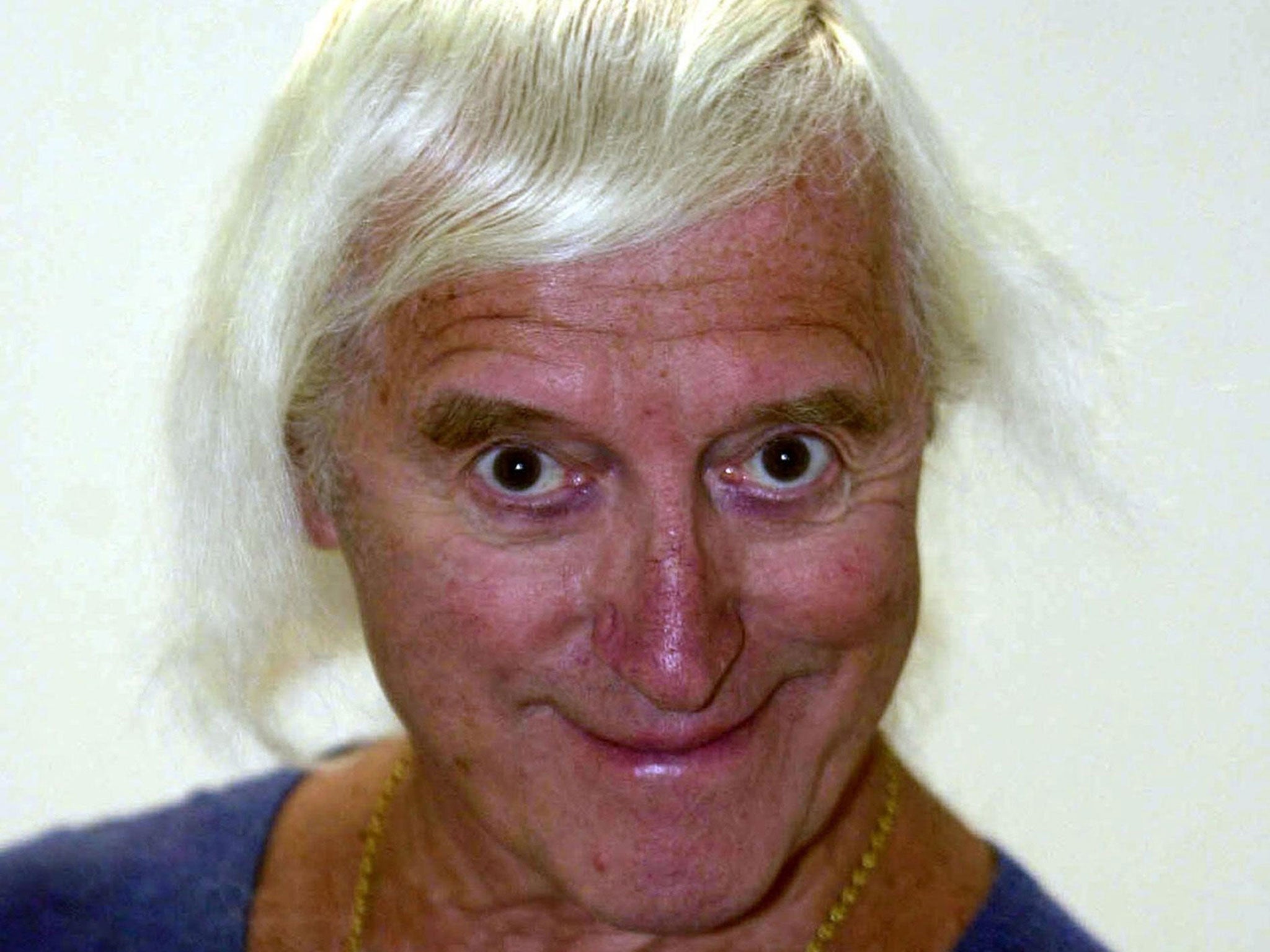'The Jimmy Savile crisis? I don't have the time to do this': BBC report reveals chaos and paralysis in handling allegations
Director-General's rationale for inaction on reports of abuse laid bare by Pollard transcripts as Corporation faces fresh questions over how PRs changed Newsnight blog

Your support helps us to tell the story
From reproductive rights to climate change to Big Tech, The Independent is on the ground when the story is developing. Whether it's investigating the financials of Elon Musk's pro-Trump PAC or producing our latest documentary, 'The A Word', which shines a light on the American women fighting for reproductive rights, we know how important it is to parse out the facts from the messaging.
At such a critical moment in US history, we need reporters on the ground. Your donation allows us to keep sending journalists to speak to both sides of the story.
The Independent is trusted by Americans across the entire political spectrum. And unlike many other quality news outlets, we choose not to lock Americans out of our reporting and analysis with paywalls. We believe quality journalism should be available to everyone, paid for by those who can afford it.
Your support makes all the difference.The chaos and paralysis that beset the BBC's most senior executives during the Jimmy Savile crisis has been laid bare in excruciating detail.
When the journalists with evidence of Savile's sex crimes approached the then-Director-General George Entwistle directly to warn him that the Corporation was misleading the public, he decided: “I don't have time to do this – I've got a lot of other things to do.” Rather than ask his Director of News, Helen Boaden, what had happened in her division, Mr Entwistle told investigators afterwards that he was “very much alive to the notion of not sticking my nose into her business”.
The BBC Trust chairman Lord Patten has accused his senior colleagues of deliberately misleading him over the official account they gave the public about the Savile scandal, which had been repeatedly edited and approved by the BBC's spin doctors and executives.
The 3,000 pages of evidence released today showed that the furious BBC Trust chairman accused his colleagues of deliberately using him as a conduit to feed the public false information about why Newsnight's Savile exposé was axed. “I am pretty convinced that people knew the blog [explanation] was incorrect,” he told the Pollard review into the BBC's mishandling of the crisis. “It does seem to me that there are reasonable grounds for assuming that people knew the blog was dodgy a lot earlier and we were left defending something which wasn't true.”
The blog was presented to readers of the BBC website as a piece of editorial content, independently written by the editor of Newsnight, Peter Rippon, and explaining his personal decision to withhold the programme's investigation into Savile's past as a sex offender. Three weeks later, the blog was found to be “inaccurate or incomplete”.
Evidence released yesterday from the Pollard review shows that the Rippon blog was in fact a corporate composition, with amendments to Mr Rippon's original draft made by the BBC head of corporate public affairs, Andrew Scadding, the director of public affairs, Paul Mylrea, and the head of communications at BBC News, Paddy Feeney. The blog was then “signed off” by both Helen Boaden, director of BBC News and her deputy, Stephen Mitchell.
Under questioning at the Pollard inquiry, Mr Entwistle said: “I would never want the press office to get involved in journalism under any circumstances.” Asked if that meant that Rippon's piece was “not journalism”, he responded: “I think there is a sense in which it isn't journalism because it is about the workings of the BBC.” Mr Rippon also told the review that the editor's blog was “corporate” and that the press office was involved. But Mr Mylrea told the review that the blog was strictly “an editorial product”, insisting: “I can make stylistic suggestions but they can be refused.”
The BBC yesterday released documents relating to the review, conducted late last year by Nick Pollard, the former head of Sky News. Collectively they portrayed a BBC management that was obsessed with procedures and utterly incapable of getting to basic truths. The organisation's executives mistrusted their own journalists who had done the work on the ground and were desperate to cover their backs.
The most scathing descriptions of the BBC's failures were put forward by the Newsnight presenter Jeremy Paxman who described the episode as a “balls up” and the BBC's repeated failure to run the Savile story as “pathetic”. He was damning of the apparent determination of BBC management to make Mr Rippon the fall guy for the whole affair: “I think the BBC's behaviour now is almost as contemptible as it was then.”
As it tried to manage the crisis, the BBC grandly styled itself in terms of the Cabinet Office Briefing Room (COBR) at a moment of national peril. Mr Entwistle appointed himself Gold Commander, with deputies given the rank of silver and bronze. But in reality that management team – described by Lord Patten in evidence released yesterday as having “more senior leaders than China” – was chaotic and “faffing about”, as the BBC Trust chairman put it.